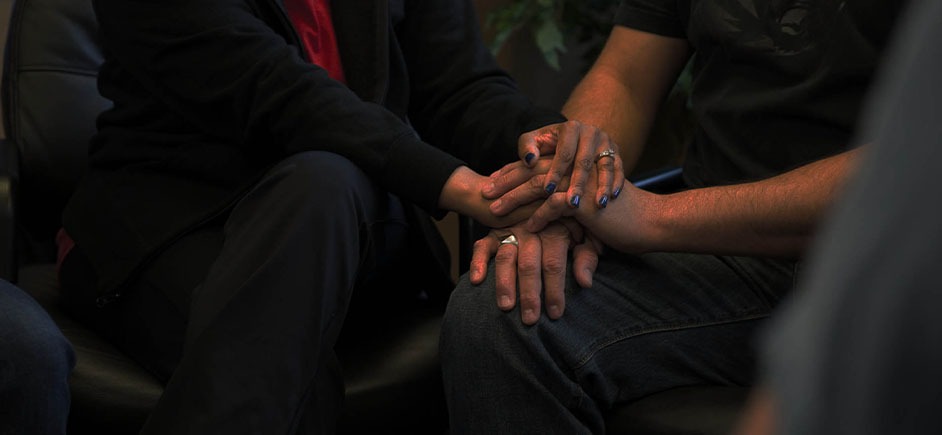When A Loved One Relapses

While a loved one is in active addiction, the effects on the family are often severe. The disease spreads throughout the family unit, drowning parents, siblings, spouses and children in a tidal wave of fear, anxiety, stress, desperation and helplessness.
When a loved one enters recovery, although it takes time, families turn to their own recovery process of healing. While the process can be difficult, rebuilding trust with a loved one in recovery can also bring much relief. Families begin again with new appreciation for their loved one’s health and the joy of shared experiences in recovery.
What happens when a loved one relapses?
The National Institute on Drug Abuse defines addiction as “a chronic, relapsing brain disease that is characterized by compulsive drug seeking and use, despite harmful consequences.”
Relapse can be a part of the disease of addiction, but it does not have to be. Still, when relapse does occur, the family almost immediately reverses back into the same place of chaos and fear. The family often follows the loved one into relapse.
When a loved one relapses, how can family members maintain their own recovery?
Practice Acceptance
The first three steps of Alcoholics Anonymous are essential reminders that you did not cause the relapse, you cannot cure addiction and you cannot control your loved one’s behavior. The first step reminds families that they are powerless against addiction. This principle helps you to set boundaries with your loved one. When family members enable their loved one’s addiction, their suffering grows and the addiction progresses. The principle of powerlessness can lead families out of chaos and into a healthy place of acceptance.
Stay Focused on Your Own Recovery
Just because your loved one has relapsed, you do not have to put the brakes on your own healing and recovery. Take care of yourself by surrounding yourself with support and engaging in family recovery. Consider attending Al-Anon, a 12 Step meeting. Al-Anon provides education and ongoing support for loved ones of addicted people. You can also see a therapist who understands families and addiction or find a family treatment program. Valley Hope’s family program helps participants learn coping skills, educational tools, and other resources to support their journey in recovery.
Keep the Faith, Sustain the Hope
Spirituality is essential to prevent a family relapse, because it promotes and preserves hope. Your higher power is greater than your loved one’s addiction. Regardless of what your loved one does with his/her recovery, staying connected to your higher power will strengthen your resolve to work your recovery program. Through your higher power, you can bring peace and hope back to your life and home, regardless of the status of your loved one’s disease. The Big Book of AA states that our higher power “could and would if He were sought.”
Remember, your loved one achieved sobriety prior to relapse. That means recovery is possible. They can reclaim their sobriety after relapse. Your role in relapse and recovery is to take care of yourself, practice acceptance, work your own program, stay engaged with your higher power and never lose hope.
